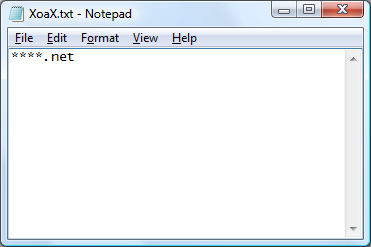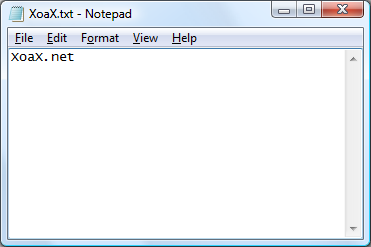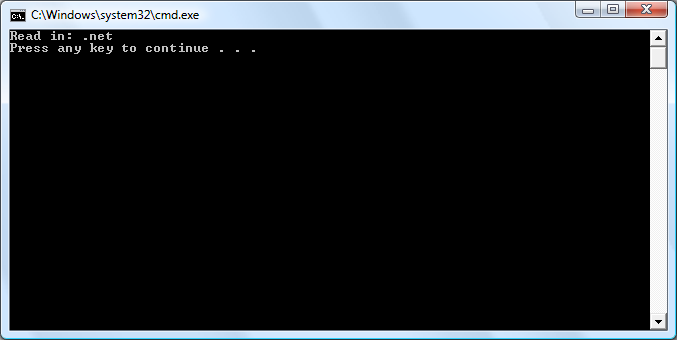C Standard Libraries C++
fflush()
Declaration
int fflush(FILE* qpStream);
Description
This function flushes the buffer of a buffered stream. The buffer for the argument "qpStream" is flushed when this function is called. If the function is successful and the buffer is flushed, the value zero is returned. Otherwise, the function returns EOF to indicate an error. A buffer for an output file stream is sent to the file, and a buffer for an input stream is simply cleared. Passing NULL into the function flushes all open output streams. Buffers are naturally flushed when they are filled, a file stream is closed, or if the program terminates.Input File

Output File

Example
#include <cstdio>
int main()
{
char* cpFileName = "XoaX.txt";
FILE* qpFile = fopen(cpFileName, "r+" );
// Verify that the file was opened.
if (!qpFile) {
printf("Could not open the file %s\n", cpFileName);
return 1;
}
// This writes over the first four bytes
fputs("XoaX", qpFile);
// Without this flush, fgets writes garbage to our file
fflush(qpFile);
char caBuffer[10];
// Read the remaining bytes of the file into a buffer
fgets(caBuffer, 5, qpFile);
printf("Read in: %s\n", caBuffer);
int iResult = ferror(qpFile);
if (iResult != 0) {
printf("Reading Error: %i\n", iResult);
return 1;
}
fclose(qpFile);
return 0;
}Output

© 2007–2024 XoaX.net LLC. All rights reserved.
